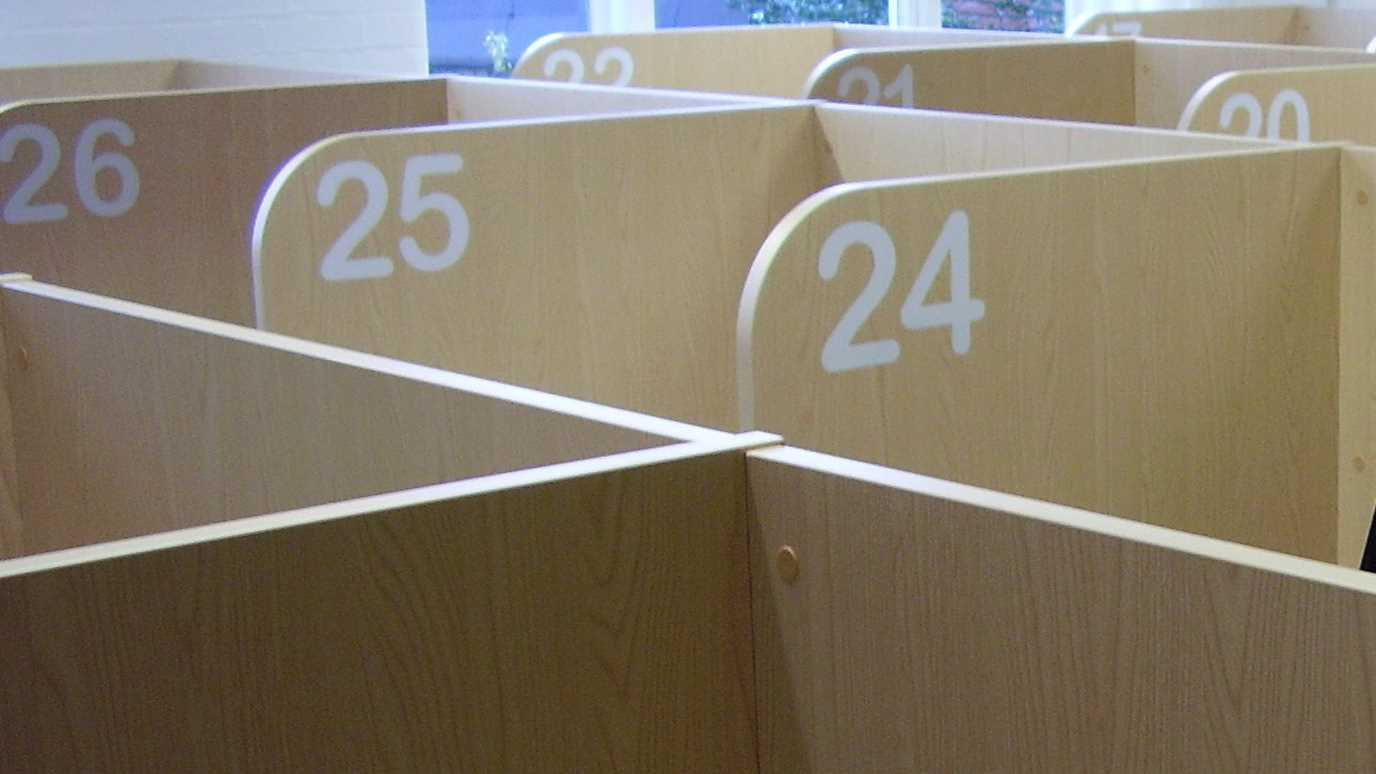Our publications, papers and articles
Our world-class researchers are working on pioneering topics within the world of economics – here is a flavour of the recent output, some of which is highly rated for its wider societal impact.
2018
An Empirical Model of Wage Dispersion with Sorting
Published in 'Review of Economic Studies'
Dr Jesper Bagger’s research estimates an equilibrium on-the-job search model with endogenous search intensity. Workers differ by skill, firms by productivity. Workers respond to mismatch by intensive search, and sorting may result from complementarities in the match-level production function. The model is estimated on Danish matched employer-employee data.
Aspiration-based choice
Published in 'Journal of Economic Theory'
Dr Michael Richter's research explores how aspirations for desired but unavailable alternatives influence decisions, steering agents to choose similar available alternatives. His model links together disparate economic scenarios, helping to explain decisions such as: how the high price of luxury brands leads consumers to purchase similar and cheaper counterfeit products; “keeping up with the Joneses” or the mimicry of neighbors even though (or perhaps because) those alternatives are not feasible for them; how an employer may change her ranking of job applicants after interviewing a “superstar” who is clearly out of reach; how past consumption can create habits that influence current consumption, especially when past consumption levels are no longer attainable.
2017
The Impact of 1896 Factory and Shops Act on the Labor Market of Victoria, Australia
Published in 'Journal of Economic History'
Professor Andrew Seltzer's research examines the effects of the Victorian Factory and Shops Act, the first minimum wage law in Australia.
Economic Uncertainty, Parental Selection, and Children’s Educational Outcomes
Published in 'Journal of Political Economy'
Professor Arnaud Chevalier’s research documents how children born during a period of high economic turmoil perform worse on various dimensions of education. He subsequently studies the possible mechanisms driving this phenomenon, focusing on family composition and certain parenting behavior that could lead to negative educational outcomes. The results confirm the large effect of parental selection. Further tests dismiss alternative explanations of the poorer educational attainment of the affected cohorts.
A Structural Model of the Retail Market for Illicit Drugs
Published in 'American Economic Review'
Professor Manolis Galenianos’s helps shed light on illicit drugs markets using data on purchases of crack cocaine. Sellers can rip off first-time buyers or can offer higher-quality drugs to induce buyers to purchase from them again. The estimated model implies that if drugs were legalized, in which case purity could be regulated and hence observable, the average purity of drugs would increase by approximately 20 percent. Moreover, increasing penalties may raise the purity and affordability of the drugs traded by increasing sellers' relative profitability of targeting loyal buyers versus first-time buyers.
Employment Adjustment and Labor Utilization
Published in 'International Economic Review'
Dr Ija Trapeznikova's research is concerned with developing a structural general equilibrium model that introduces labor adjustment on both intensive and extensive margins. The model includes a theory of a producer with multiple jobs, heterogeneous proÖtability and hiring that is impeded by search frictions.
2016
Series estimation under cross-sectional dependence
Published in 'Journal of Econometrics'
Dr Jungyoon Lee’s research develops statistics to account for interdependence in economic data arising from externalities, spill-overs or the presence of common shocks. She develops an asymptotic theory for series estimation of nonparametric and semiparametric regression models for cross-sectional data under conditions on disturbances that allow for forms of cross-sectional dependence and heterogeneity. Because the estimation is nonparametric, it enables assumptions of a known parametric functional form, that are frequently not warranted by economic theory, to be dropped or relaxed.
Fairness and group-strategyproofness clash in assignment problems
Published in 'Journal of Economic Theory'
Gluttony and Sloth? calories, labour market activity and the rise of obesity
Published in 'Journal of the European Economic Association'
Dr Melanie Luhrmann's research seeks to show that the decline in calories between 1980 and 2013 can be partially, but not entirely, rationalized with weight gain by a decline in the strenuousness of work and daily life.
Endophilia or Exophobia: Beyond Discrimination
Published in 'The Economic Journal'
Using a field experiment that assigned graders randomly to students’ examinations that did/did not contain names, Professor Daniel Hamermesh's research finds favouritism but no discrimination by nationality nor by gender. He was able to identify these preferences under a wide range of behavioural scenarios regarding the graders.
Unemployment and Domestic Violence: Theory and Evidence
Published in 'Economic Journal'
Does rising unemployment really increase domestic violence as many commentators expect? The contribution of Dr Dan Anderberg and Professor Jonathan Wadsworth's research is to examine how changes in unemployment affect the incidence of domestic abuse.
2015
Panel nonparametric regression with fixed effects
Published in 'Journal of Econometrics'
Rational Agents are the Quickest
Published in 'Journal of Economic Theory'
Professor Michael Mandler's research consider agents who choose by proceeding through a checklist of criteria (for any pair of alternatives the first criterion that ranks the pair determines the agent's choice). Professor Mandler finds that, regardless of the discriminating capacity of the criteria in a checklist,choices that maximize complete and transitive preferences can always be the outcome of a 'quick' checklist that uses a small number of criteria. For any irrational preference on the other hand there is always a discriminatory capacity for criteria such that the preference is not the outcome of a quick checklist.
Polluting Industries and Agricultural Productivity: Evidence from Mining in Ghana
Published in 'Economic Journal'
Dr Juan Pablo Rud examines the effect of polluting industries on agricultural productivity. The focus is on large-scale gold mining in Ghana that, similar to other fuel intensive activities, releases environmental pollutants with the potential to have cumulative negative effects on crops’ health and key agricultural inputs.
Does it Pay for Women to Volunteer?
Published in 'International Economic Review'
Dr Robert Sauer's publication estimates the economic and noneconomic returns to volunteering for prime-aged women. Dr Sauer finds that the economic returns to volunteering are more important than the noneconomic returns in increasing lifetime utility. The model he uses also reveals an adverse selection mechanism into volunteering that helps explain why reduced-form regressions of the returns to working for free will likely be downward biased.
2014
Experimental Games of Networks: Underpinnings of Behaviour and Equilibrium Selection
Published in 'Econometrica'
Professor Francesco Feri's research studies behavior and equilibrium selection in network games. Professor Feri conducts a series of experiments (with 580 participants) in which actions are either strategic substitutes or strategic complements, and participants have either complete or incomplete information about the structure of a random network. Overall, the research sees strong evidence that choices and the equilibrium played depend on one’s degree and the connectivity of the network, and suggestive evidence that choices also depend on the clustering in the network.
Evolution of Gender Differences in Post-secondary human capital investments
Published in 'International Economic Review'
























